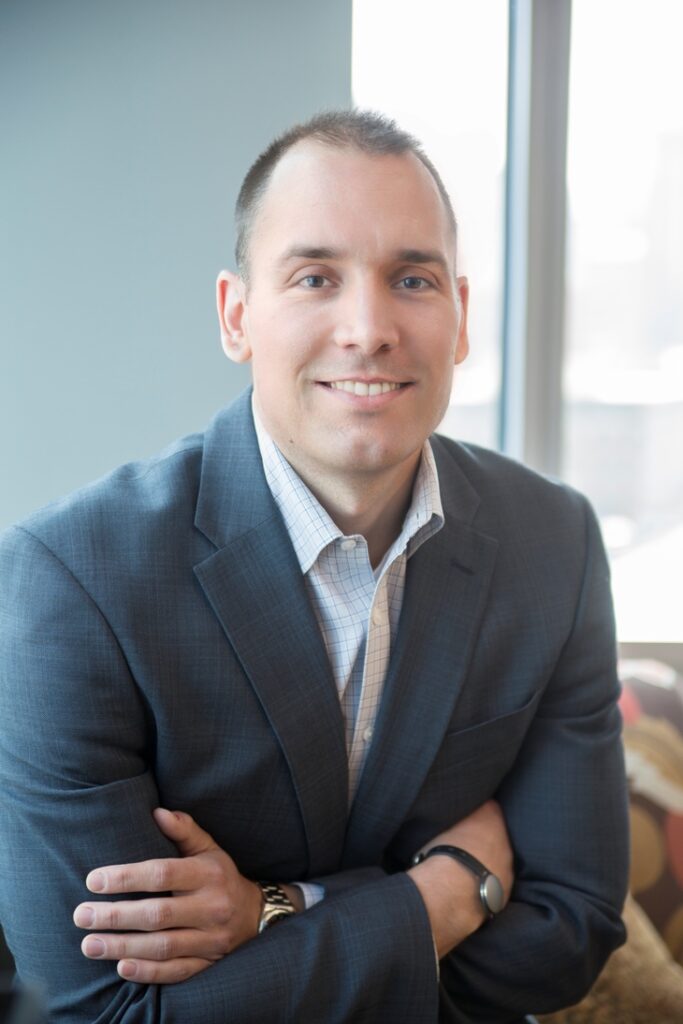Striver Shares How Strive’s Health Equity Pledge Reimagines Healthcare Interventions
Author : Strive Health
Larry Lanham, Deputy General Counsel at Strive, believes health equity initiatives are among the most effective ways to drive needed change.
Larry shares how Strive’s health equity pledge gives patients the opportunity to realize their full health potential.
1. You are a passionate supporter of DE&I at Strive. Why is DE&I an important topic for you?
I want to work with talented teams who positively impact the lives of patients. Diverse teams perform better, and inclusive work environments are more authentic and fulfilling. Health equity initiatives give patients the opportunity to realize their full health potential — and often at a lower cost to the healthcare system. DE&I is a business imperative and it’s simply the right thing to do.
2. Did you know about healthcare disparities prior to joining Strive? If so, can you share specifics?
Yes. The pandemic revealed and intensified health disparities in very specific ways, one example being telehealth.
In early 2020, I worked at a health system. To serve our communities more safely, we immediately expanded our telehealth capabilities, scaling from 200 visits per month to 17,000 visits per month. This effort was particularly helpful to immunocompromised patients and those who lacked reliable transportation, but it wasn’t a solution for everyone. Some of the most vulnerable patients lacked the right equipment, internet access or skills to participate in virtual visits. Three years later, the digital divide endures and hybrid care models have become the optimal way to serve patient populations.
3. How do you believe health equity initiatives eliminate barriers to patient care and programs?
Health equity initiatives are among the most effective ways to drive needed change.
The healthcare delivery system must reimagine the true range of interventions needed to improve health outcomes. Through these initiatives, patients may be able to live safely at home and receive treatment with reasonable modifications to their living space. Patients who experience hunger or food insecurity can also receive food delivery services and tailored nutrition counseling. Additionally, patients with health-harming legal issues can receive legal aid services and obtain assistance in addressing a public health issue in their apartment building.
4. What do you hope the health equity pledge changes in the healthcare system?
Health Evolution, the organization Strive partnered with on its health equity pledge, is a convener of knowledge and tools for organizations that have pledged to work on health equity matters. My hope is that our collective efforts lead to a proliferation of real-world solutions.
5. Strive identifies kidney disease patients early on, prior to late-stage presentation. How does this value-based care principle contribute to addressing health equity?
Hispanic, Native American and Black populations experience kidney failure at higher rates than White populations. Healthcare spending does not incentivize early screenings or focus on patients with CKD stages 1-3. As a result, the diagnosis and action plan often come far too late. Early identification and intervention can help minimize the downstream impact of the disease, particularly for vulnerable populations.
To read more about Strive’s health equity pledge, click here.








